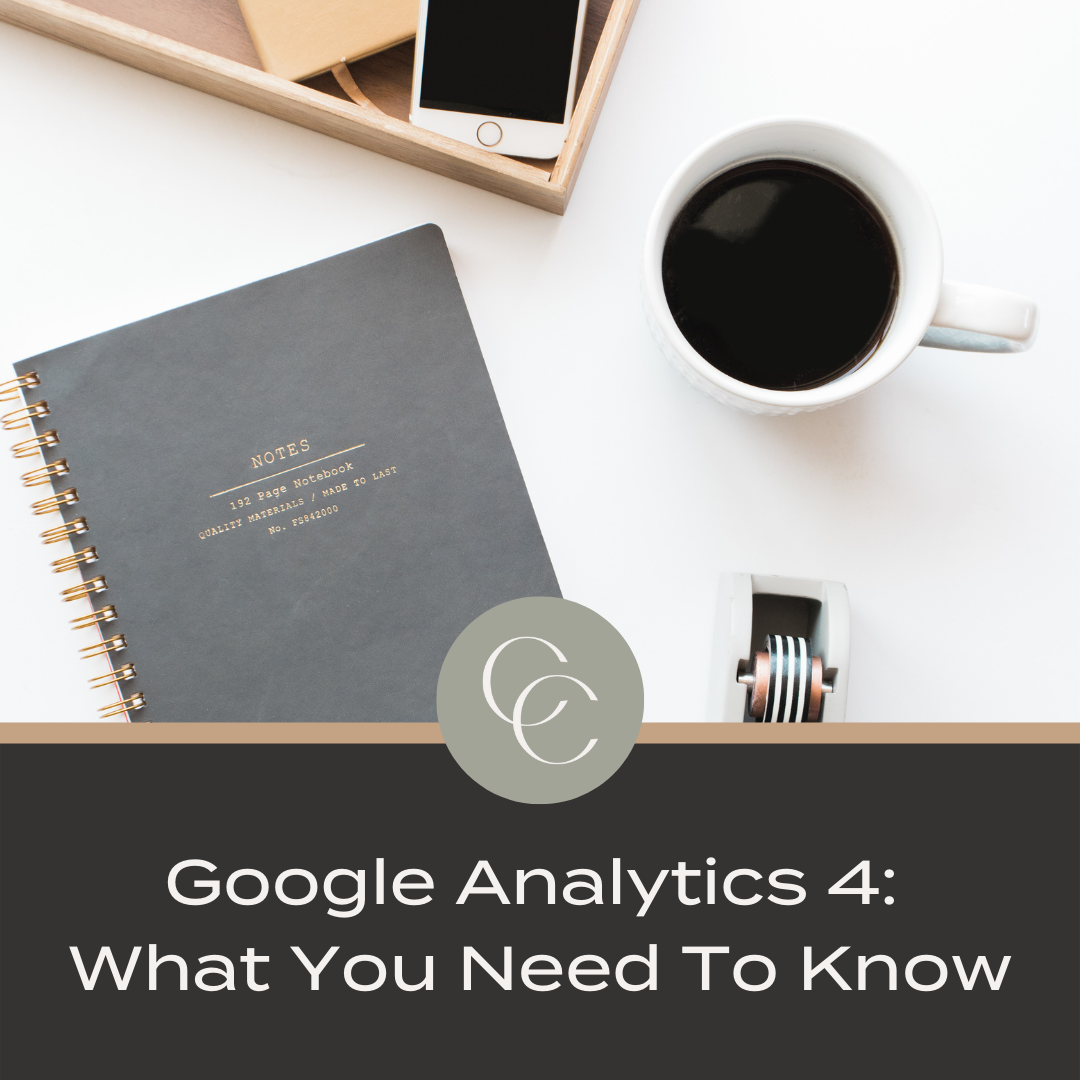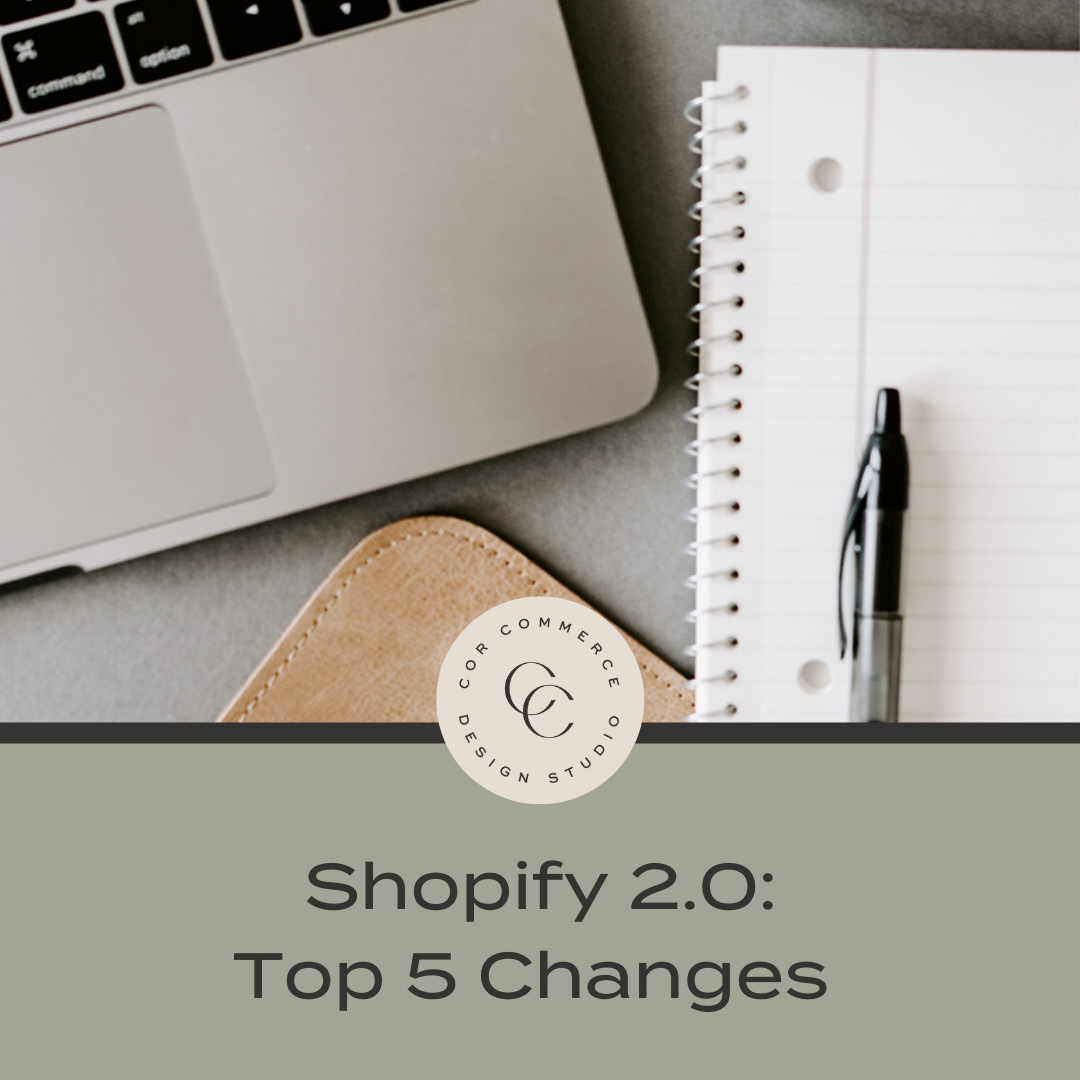
SEO gets a ton of hype today, and for good reason. Probably no other free source of advertising in the world today can get as many eyes in front of your website and offers.
You can get thousands of visitors to your offer everyday without paying a dime. Of course, that’s not to say it’s free — time is money after all. And, SEO will take time. Yes, let me repeat that… SEO takes time!
But if you have the patience, the long term benefits of SEO are more than worth it because your site can stay ranked for years to come. If you want passive income, SEO will be an integral part of your strategy.
First you have to pay attention to your title tag. This is the most important part of any website and it’s the first thing the SE (search engine) spider will see as it “crawls” your site. Make sure your main keyword is listed at the beginning of the title and maybe even a second time. Also make sure that the content is relevant to the keywords you are using because if not, you will see a huge number of people leaving your website because the expectation is something they are not receiving.
They aren’t as relevant for SEO but the meta description tag is still crucial because it can make a huge difference in your click through rate (CTR). This is because the search engines show this under the title of your page in the search results, so having an interesting and compelling description of your page can determine whether someone clicks through to your page or not. .
Don’t get too caught up here, just try and include your keyword two to three times throughout your page in a natural way. Aim for the hourglass effect, use your keyword in the beginning, middle and end of your page – more in the beginning, a little less in the middle, and more again at the end.
There’s nothing that turns the search engines away more than stagnant sites, so making sure to continually keep updating your site, which is very important.
Target “long tail” keywords. I know it gets said all the time, but long tail keywords and key phrases, are both easier to rank for and more profitable. Getting ranked for 20 different 30 searched terms a day is far easier than going after a single 600 searched term and generally more profitable.
In most instances the most highly searched terms are very general and extremely hard to make money with. How do you know what to sell to somebody searching for “make money?” But there are plenty of products that can be sold for “make money using Google Adwords.”
And finally, avoid black hat methods. They worked back in the day but are no longer effective and could hurt your ranking.
Hopefully this SEO crash course has helped your understanding of this broad and seemingly overwhelming topic. Just remember, SEO takes time!
Comments will be approved before showing up.



Online Store 2.0 opens up huge opportunities for developers to be able to successfully build themes and apps for Shopify merchants.
Shopify has rebuilt the online store experience that includes new features and a new set of developer tools, for a smooth editing experience for merchants and a pleasant experience for shoppers. Not to mention the new reference theme Dawn, is 35% faster!